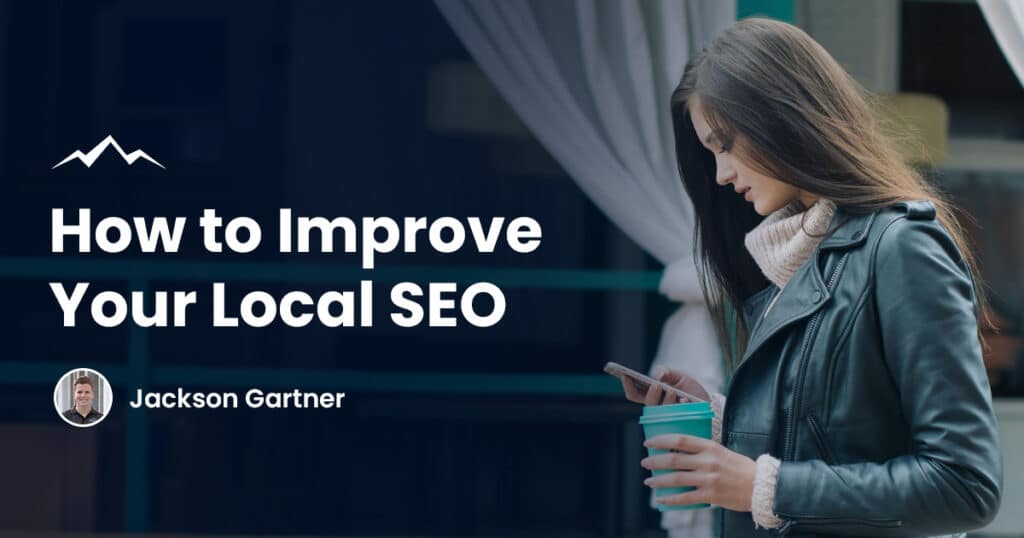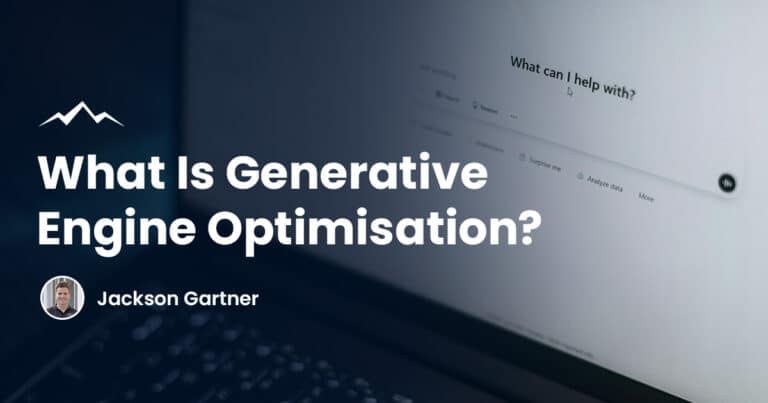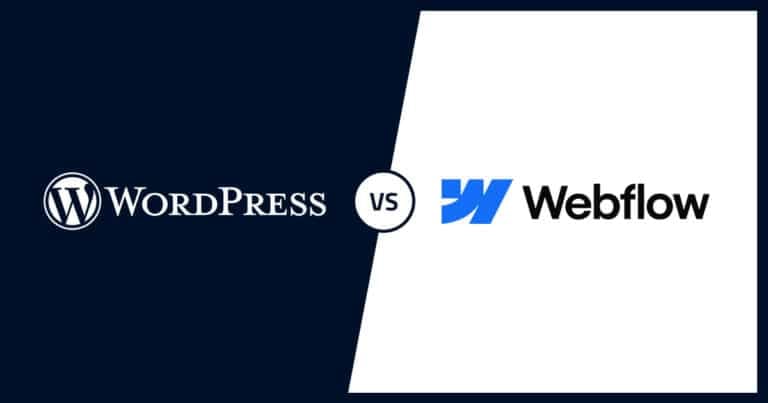Local SEO is all about optimising your website for a specific geographical area to improve its online presence and traffic from local search results.
Customers usually have a preference for local services and products, so it’s important that your business is at the top of any search results for services in your local area.
This result can increase organic traffic to your website and lead to tangible bottom-line results.
Here are some effective local search engine optimisation strategies from our local SEO experts that you can use to boost your business’s online presence and improve your local search engine rankings in 2025.
Optimise Your Google Business Profile
The first step towards enhancing your local SEO is to optimise your Google Vusiness Profile. A Google business profile is your online calling card, so it’s critical to get it right.
First, claim or create your Google Business Profile listing and check that all of your information is accurate and up to date.
To optimise your Google Business Profile, add high-quality photos, post regular updates and start building more online Google reviews. Doing so will keep your profile active and engaging, which will prompt Google to favour your business in search engine results listings.
The best thing about a Google Business Profile is that it is free and allows you to appear on Google Search and Google Maps with minimal effort.
While many businesses have a Google Business Profile, standing out from the crowd requires attention to detail, including making sure your company profile is up-to-date and accurate. This means including lots of information about your business, such as your address, phone number, hours of operation and your type of business.
According to Google, businesses with photos on their Google Business profile receive as much as 42% more requests for driving directions and as much as 35% more clicks through to their websites.
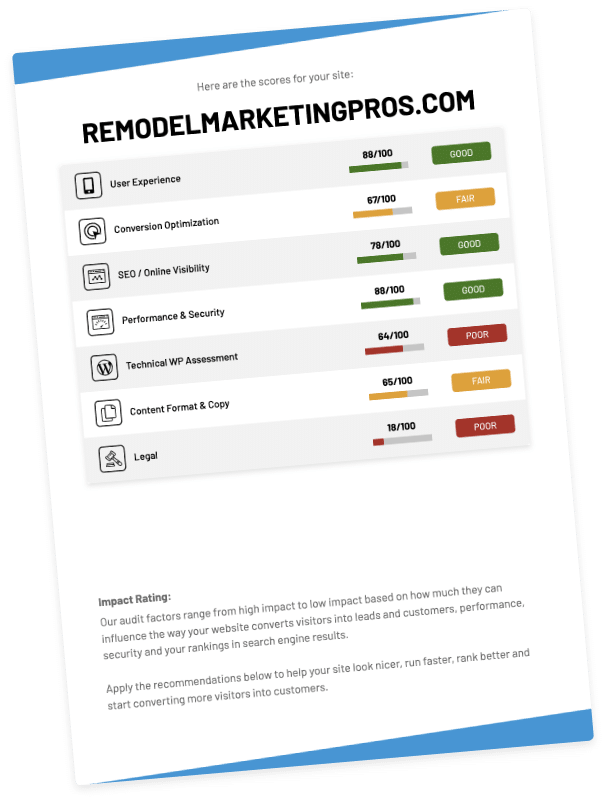
Leverage Online Reviews
Online reviews go hand in hand with your Google Business Profile and are crucial in establishing third-party recommendations, which can be a powerful form of digital marketing.
If you have satisfied customers, it is worthwhile to encourage them to leave a review on your Google business profile. To boost your rankings, make sure you’re replying to your reviews – the good and the bad.
Doing so in a professional and timely manner can significantly impact your business’s reputation and success.
You can use tools like Google Alerts to monitor mentions and reviews of your business online so that you can respond as quickly as possible.
As many as 89% of consumers have been said to be highly or fairly likely to use a business that responds to all of its online reviews, so it’s well worth the effort.

Create Localised Content
Content is a crucial aspect of any SEO strategy. It is equally important for a local SEO strategy.
However, with a local SEO strategy, your content must be locally relevant and target specific neighbourhoods, cities or regions. These factors help ensure that you are adequately servicing local audiences.
It’s important to note that local content does not mean generic content with a few geotagged keywords thrown in. Rather, it should have substance directly related to relevant local concerns or areas of interest.
Whether you’re writing blog posts, recording videos or creating infographics make sure to highlight local events, news or attractions and include geotagged local keywords naturally throughout your content.
Build Local Links
Building good backlinks is a key part of any SEO strategy. However, with local SEO, you need to focus on building local links from reputable websites that focus on your area such as news outlets, community organisations or industry-specific directories.
Having links like these attached to your site can help search engines better understand how your site is relevant to your specific geographical area.
Although backlinks from reputable websites are crucial for good rankings, it’s important to ensure that the links you use are high-quality and relevant from authoritative sources within your local community.
Getting involved in your community by partnering with local businesses, sponsoring community events and being a part of local publications and news is also another great way to develop links within your local area.
You can also leverage online directories and citation sites like Yelp and Yellow Pages to build credible backlinks that highlight your local relevance.
Focus on using high-value links from trusted sources rather than spammy and irrelevant links to ensure that your rankings are optimised and not devalued.
Ensure NAP Consistency
NAP is an acronym that stands for name, address and phone number. This information is vital, as it tells interested customers how to get in touch with you.
Ensuring that your NAP is consistent across all of your online listings is a critical component of a good local SEO strategy. When your NAP is inconsistent, search engines can become confused, which can damage your organic traffic since NAP is a key Google ranking factor.
Not only do search engines not like inconsistent NAPs, but customers don’t appreciate it either and will quickly turn to a competitor if they can’t find a phone number that works.
To avoid this, ensure that your NAP is accurate and current on your website, Google business profile and other online directories.
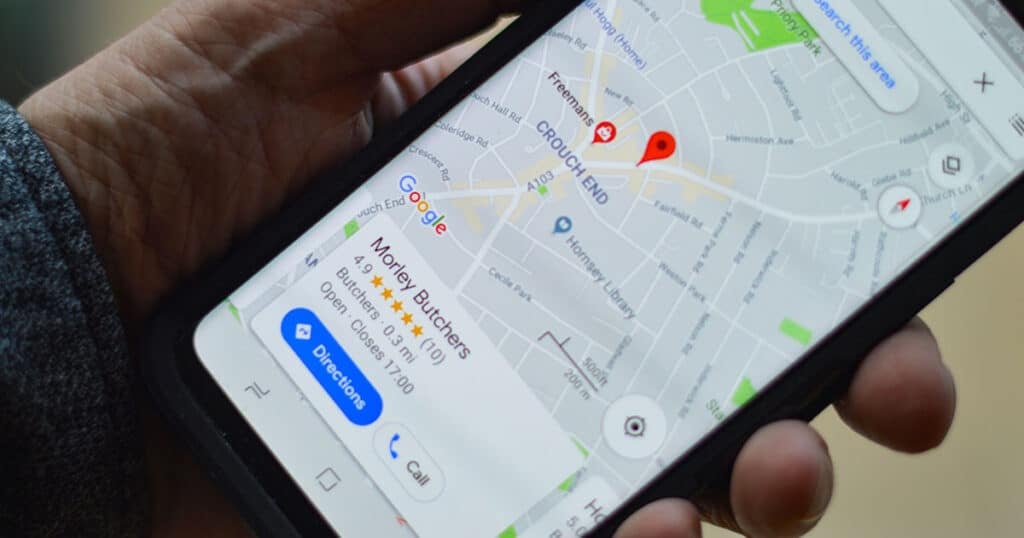
Engage on Social Media
Social media is a crucial aspect of any online marketing campaign and can play a powerful role in enhancing your local SEO.
Staying active and relevant on social media platforms such as Facebook, Instagram and Linkedin is super important in remaining in the thoughts of your customers.
Regularly posting and engaging with your community on social media can help you build your brand’s authority and increase your credibility in the area.
Engagement with the local community involves responding to comments promptly and professionally, sharing local content and taking part in local discussions.
You can optimise your social media profiles by posting intriguing content, providing accurate business information and incorporating local geotagged keywords. High-quality images can also boost your social media profile and encourage Google to rank your content higher.
When customers follow your pages and share their experiences with your business, you can improve your overall brand reputation and visibility online.
To optimise visibility, take any chances to participate in local events, such as festivals, trade shows or other get-togethers and connect it to your social media accounts.
Doing this can also earn you local backlinks and increase community interaction, thereby raising your visibility and trust within the community.

Optimise For Mobile Devices
Mobile optimisation is an absolute must-have for any SEO strategy, whether local or otherwise. This means ensuring that your website design functions seamlessly across all kinds of devices with a mobile-first design.
The majority of local searches across the world happen from a mobile device so making sure that your website looks and operates perfectly on all screen sizes is critical.
Google values mobile friendliness highly when determining where your search engine rankings fall, so having a mobile-friendly website that loads quickly on all devices is crucial.
This means having a responsive website design that compresses images and optimises the code to improve site speed and performance.
According to our web design statistics, as many as 61% of users are unlikely to return to a mobile site if they have trouble accessing it. Additionally, about 40% of these users will rather visit a competitor’s website in such instances, which you want to avoid.
Complete Local Keyword Research
We’ve spoken about how important it is to include local keywords in your content. However, you need to know the right kinds of keywords to use to attract your local audience and achieve the best results.
This means conducting local keyword research to identify the unique phrases and terms that potential customers will most likely use when searching for the kinds of products and services that you offer.
Tools like Google Keyword Planner, Ahrefs and Semrush can all play a role in helping you uncover relevant keywords accurately. You can check out our comparison between Semrush & Ahrefs here.
The best way to get this right is by approaching it from the perspective of a customer. This exercise will help you understand what they would type into a Google search to find companies like yours.
Once you have figured this out, it’s important to include any long-tail keywords naturally in your website’s content and meta tags.
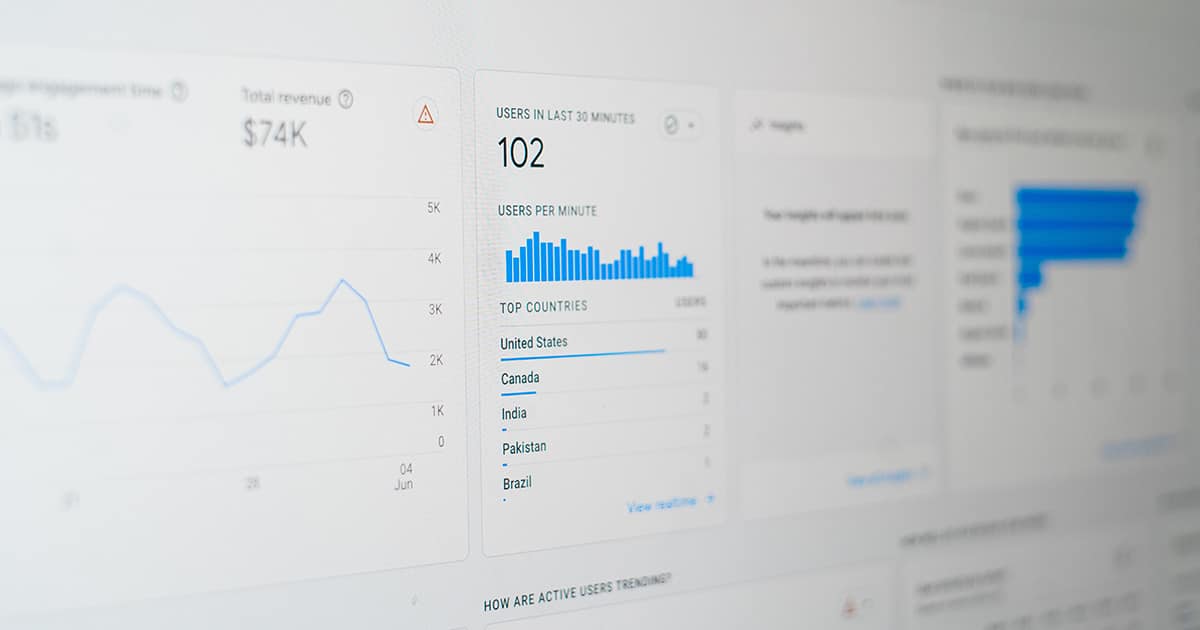
Optimise For Voice Search
Research shows that as many as 58% of consumers have used voice search to find local business information in the last 12 months with this percentage expected to continue increasing for the foreseeable future.
In light of this, it would appear that, regardless of the SEO strategy you are attempting to implement, optimising your website for voice search is essential due to the growing popularity of voice assistants, such as Siri and Alexa.
In order to capitalise on this expanding trend, ensure that your content is optimised for voice search by paying attention to how people speak, not just how they type.
This means using both conversational and concise keywords with direct answers to common questions related to your business or industry.
Measure & Analyse Results
Despite your best efforts to implement a killer SEO strategy, all is for naught if you don’t measure and analyse the results so that you can see where you need to improve.
If you want to remain ahead of the competition, track your performance. Doing so will help you gain valuable insights into how your keywords improve your website’s traffic and how user behaviour responds to your SEO efforts.
Tools like Google Analytics and Google Search Console can provide key feedback that allows you to make data-driven decisions about your SEO strategy. You can learn more about Google Analytics & Google Search Console here.
If the key to local SEO is to ensure that more customers from your local community are attracted to your business, then you should be optimising your SEO to be catered towards your specific location rather than generalised national or international locations.
Implement Schema Markup
Implementing schema markup can play a critical role in helping your business stand out in local search results and can attract more clicks and customers to your website.
Schema markup is a type of code that is designed to help search engines understand what kind of content is on your website. Using this tool, you can highlight important information, such as your business’s name, address, phone number and customer reviews, to boost your SEO rankings.
If you’re facing any issues adding structured data or schema to your website, reach out to our Brisbane web design team for assistance!
Final Thoughts
Improving your local SEO efforts can significantly impact your business’s online presence and drive more traffic from your local community.
By implementing strategies like optimising your Google Business Profile, leveraging online reviews, creating localised content and ensuring NAP consistency, you can enhance your visibility and attract more customers.
Remember, local SEO is an ongoing process that requires continuous effort and adaptation. Stay updated with the latest website trends and keep refining your strategies to stay ahead of the competition.
If you need expert assistance with search engine optimisation, reach out to our Brisbane SEO team to find out how we can help you rank at the top of Google!
Frequently Asked Questions
What is local SEO?
Local SEO is the process of optimising your website to increase its visibility in local search results. It focuses on promoting your business to potential customers in a specific geographical area.
How important is a Google Business Profile for local SEO?
A Google Business Profile is crucial for local SEO as it helps your business appear in local search results and on Google Maps. It provides essential information about your business, such as your address, phone number and hours of operation.
Why are online reviews important for local SEO?
Online reviews enhance your business’s credibility and can significantly impact your local SEO rankings. Positive reviews attract more customers, while responding to reviews (both good and bad) shows that you value customer feedback.
What are local keywords and how do I find them?
Local keywords are search terms that potential customers use to find businesses in a specific area. You can find them using tools like Google Keyword Planner, Ahrefs and Semrush and by considering what phrases customers might use to search for your services.
How can social media influence local SEO?
Engaging with your local community on social media platforms can boost your brand’s authority and credibility. Regularly posting relevant content, responding to comments and participating in local events can enhance your local SEO efforts.
Why is mobile optimisation important for local SEO?
Most local searches are conducted on mobile devices. Ensuring your website is mobile-friendly improves user experience and can positively affect your local search rankings. Google also considers mobile-friendliness when determining search rankings.
To your success,
Jackson
